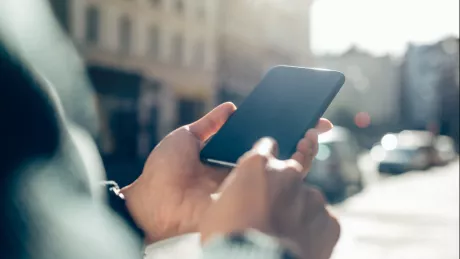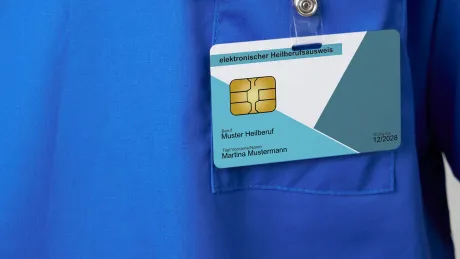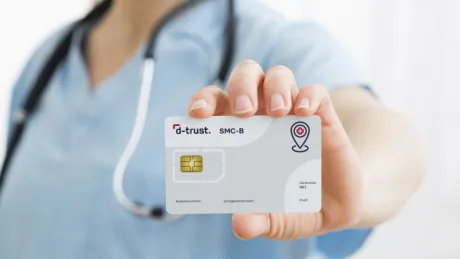Interdisciplinary collaboration from vision to product
Which trends could shape the next decades, where are new solutions needed? The experts of the Bundesdruckerei Group question the existing and explore technologies for the world of tomorrow. In doing so, they make use of the vast range of expertise in the Innovation Team – from neuroscience, quantum mechanics and. design studies.
Apart from classical topics, such as materials research for secure ID documents, the focus is on digital technologies. The latest projects focus on topics such as mobile solutions and biometric procedures, artificial intelligence as well as quantum technologies and post-quantum cryptography. One central objective of this is to enable people to monitor and control their digital self through self-sovereign identities (SSIs) in an increasingly virtualized living world. To achieve this, Bundesdruckerei is developing trusted ecosystems featuring elements that interlock securely and overcome isolated solutions.
Innovation in the network
Bundesdruckerei Group’s researchers and developers work in a dense network where many innovations are developed in close cooperation with renowned research institutes and companies. This enables new areas of knowledge to be systematically accessed while findings from basic research are transferred into viable technologies, thus accelerating development processes. With endowed professorships, the company drives academic exchange and the promotion of young talent. Our expertise is sought after both in national and international standardization bodies – including working groups of DIN, ISO, ICAO and NIST.
Selected cooperation partners of Bundesdruckerei
- Endowed professorship at FU Berlin: Cyber security with artificial intelligence
- Hasso Plattner Institute: Identity management and IT security
- Fraunhofer Institute for Applied and Integrated Security AISEC: Secure hardware and software, quantum cryptography















